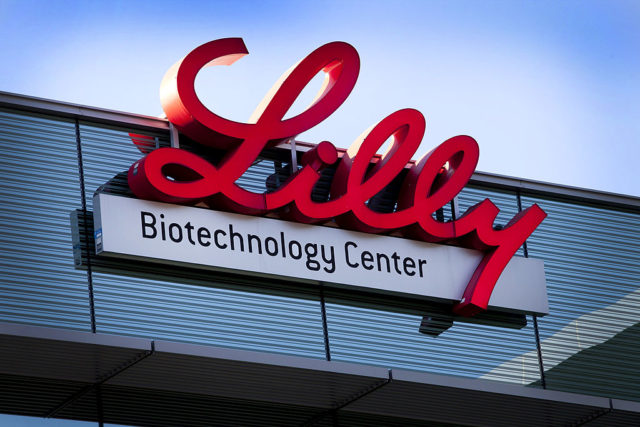
Eli Lilly is acquiring Sigilon Therapeutics, its type 1 diabetes partner, in a small deal that could pay out big later if the cell therapy developer achieves goals that show it has overcome an immune reaction that doomed its former lead program.
The acquisition agreement announced Thursday totals nearly $35 million cash up front. When Lilly began its type 1 diabetes partnership with Cambridge, Massachusetts-based Sigilon in 2018, the pharmaceutical giant paid $62.5 million up front and made a $13.1 million equity investment in Sigilon. That program is still preclinical, but perhaps not for long.
Sigilon develops cell therapies that don’t require the use of immunosuppressive therapies to prevent the body from attacking transplanted cells. The biotech’s technology, which is licensed from the Massachusetts Institute of Technology, encapsulates a cell therapy in a biocompatible sphere that protects its contents from the immune system. This Shielded Living Therapeutics (SLTx) platform yielded a hemophilia A cell therapy designed to express the clotting protein that these patients lack. That program advanced to Phase 1 testing. However, in 2021, a patient in the dose-ranging study developed antibodies to the clotting protein expressed by the therapy, a complication that led the FDA to impose a clinical hold.
When the implanted spheres were retrieved from the patient, investigators found them covered with pericapsular fibrotic overgrowth, a deposition of material that formed a physical barrier rendering Sigilon’s spheres unviable. Sigilon is closing out the hemophilia A program, but it has also learned from it. The company said it has optimized its SLTx platform, changes that include “chemistry designed to strengthen the integrity and stability of our spheres,” according to the biotech’s 2022 annual report.
The SLTx changes have been incorporated into SIG-002, the Lilly-partnered type 1 diabetes program that is now Sigilon’s lead program. This therapeutic candidate applies the Sigilon’s encapsulation technology to islet cells. It’s made from induced pluripotent stem cells that are differentiated to produce cells that function similarly to human islet cells. By encapsulating these insulin-secreting cells in Sigilon’s spheres, they should be protected from the immune system.
According to deal terms announced Thursday, Lilly will pay $14.92 cash for each share of Sigilon. While that’s a more than 281% premium to Wednesday’s closing price, it amounts to just $34.6 million total. The big payoff could come in the form of contingent value rights that are tied to clinical and regulatory progress.
The first payout is $4.06 cash per share upon the dosing of a “specified product” in a Phase 1 clinical trial prior to July 31, 2007, according to a regulatory filing. That product was not named, but SIG-002 is the Sigilon program closest to Phase 1 testing. Another $26.39 per share is tied to first dosing of a specified product in the first registrational clinical trial. Regulatory approval of a specified product would trigger the payout of $81.19 per share.
In total, Sigilon shareholders could receive up to $309.6 million in contingent value rights payments. While that’s a sizeable sum, the Sigilon acquisition means Lilly ends up saving money on potential payouts. The original partnership agreement put Sigilon in line for $415 million in milestone payments, plus royalties from sales of an approved product.
“Despite significant advancement in treatment for people living with type 1 diabetes, many continue to live with a high disease burden every day,” Ruth Gimeno, group vice president, diabetes, obesity and cardiometabolic research at Lilly, said in a prepared statement. “By combining Sigilon’s talent and expertise in cell therapy with the knowledge and skills of Lilly’s research and development teams, we will enhance opportunities to create innovative islet cell therapy solutions to improve the care of people living with diabetes.”
Sigilon’s pipeline includes six other programs in various stages of preclinical development for lysosomal storage disorders and liver diseases. The most advanced lysosomal storage disorder program is SIG-205, a potential treatment for mucopolysaccharidosis type 1, or MPS-1, an inherited enzyme deficiency that leads to skeletal and spinal deformities among other problems. SIG-205 has reached lead optimization.
After the Lilly acquisition agreement was announced Thursday, Sigilon’s stock price saw a more than 500% increase to $24.29 per share. When Sigilon went public in 2018, it priced its IPO at $18 per share. The acquisition is expected to close in the third quarter of this year.
Photo: Konrad Fiedler/Bloomberg, via Getty Images








